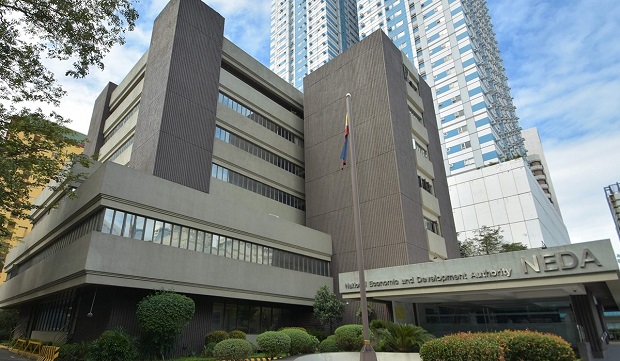The government said it will relaunch the multi-billion Philippine Identification System (PhilSys) after it crashed due to the sheer number of Filipinos wanting to register during its launch last April 30.

National Economic and Development Authority (NEDA) chair Karl Kendrick Chua said in an interview on ANC’s Headstart that the government intends to use the PhilSys as another way to queue and register the general population for their vaccination.
“We are reviewing our system so that we can increase the capacity to serve more simultaneous users per minute. We assure you that we are fixing this. We have experts all over the world helping us and we will relaunch the system as soon as we can,” Chua said.
Signed into law by Pre. Rodrigo R. Duterte in August 2018, Republic Act 11055, or the Philippine Identification System Act, aims to establish a single national ID for all Filipinos and resident aliens. It is expected to boost efficiency, especially in dealing with government services where people will only need to present one ID during transactions.
Along with the national ID, Chua said the government is recalibrating its contact-tracing efforts in order to better manage Covid-19 risks and fast-track solutions.
“Instead of shutting down the entire economy, we only close down the sectors or the areas with the higher risk and allow 98 percent of the people with no Covid symptoms or risks to continue working,” Chua said.
Chua said the country saw a lot of businesses closed during the enhanced community quarantine (ECQ) last year. “This year, we are seeing some reopening. When we imposed the ECQ in the National Capital Region Plus (NCR Plus) area, we did not close public transport and allowed as many workers to go to work as possible,” he added.
Chua said the government is intensifying the Prevent, Detect, Isolate, Treat, and Recover (PDITR) strategy during the ECQ and modified enhanced community quarantine (MECQ) period to facilitate the reopening of the economy.
To strengthen the ‘detect’ and ‘isolate’ pillars, NEDA, the Department of Health (DOH), and some local government units (LGUs), with the help of data scientists from the Asian Institute of Management, are working on a solution to automatically determine likely close contacts of Covid cases and immediately notify these people via text message.
“We have a manual system right now, and it takes seven days from detection to isolation. We are working to bring that down to 5.5 days. This could reduce the cases by more than half,” Chua said.




